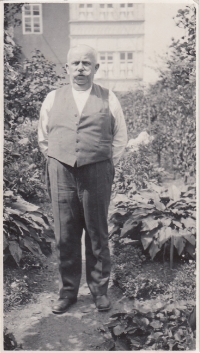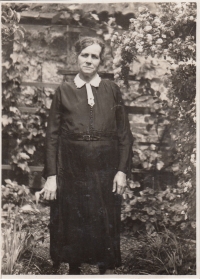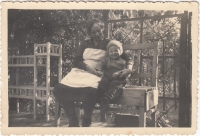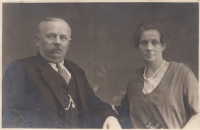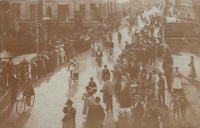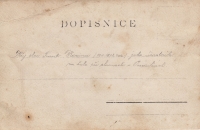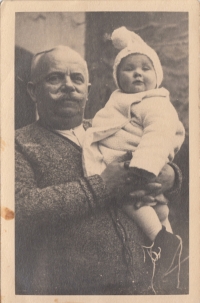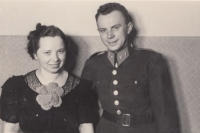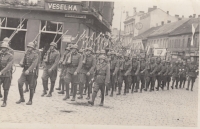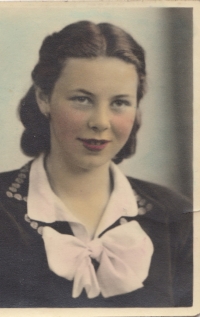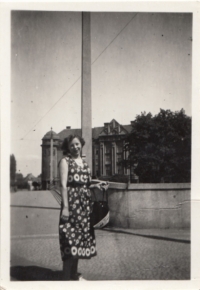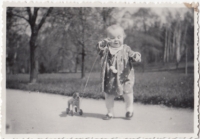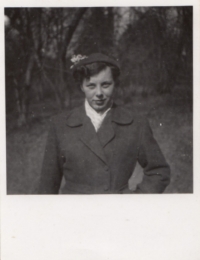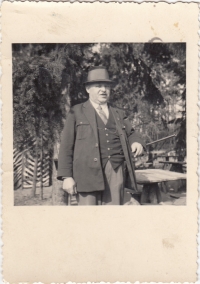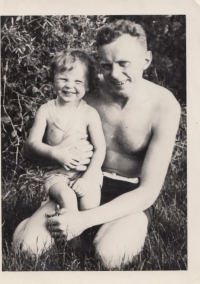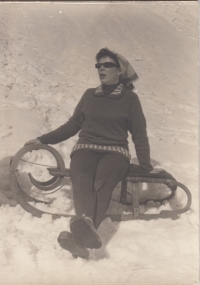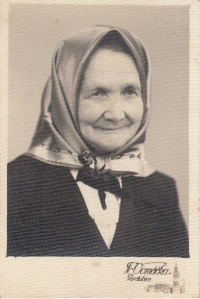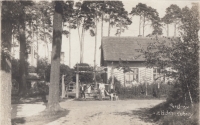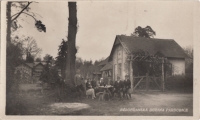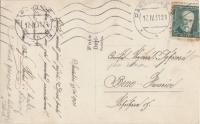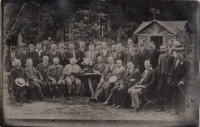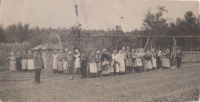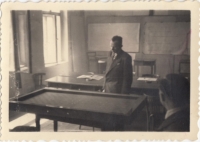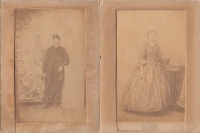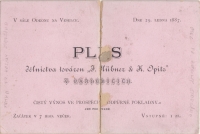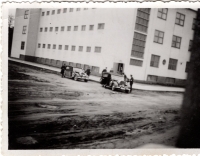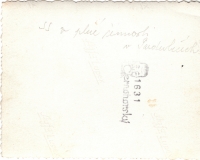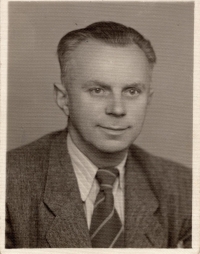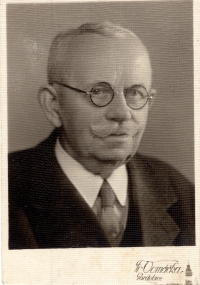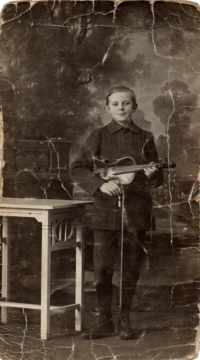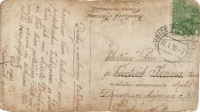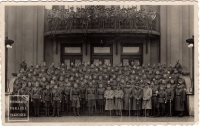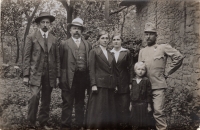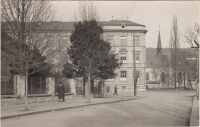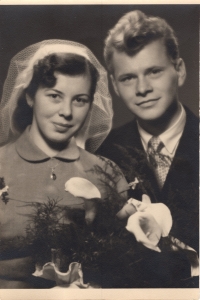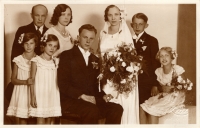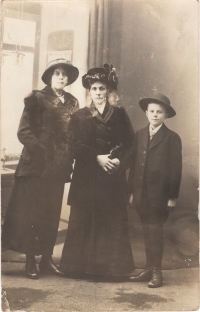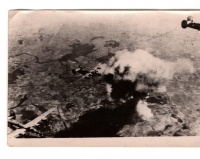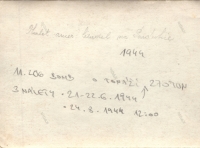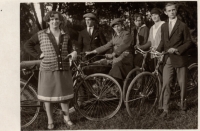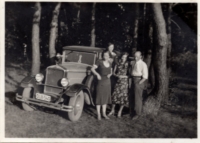The bombers glittered in silver with their roar bringing fear
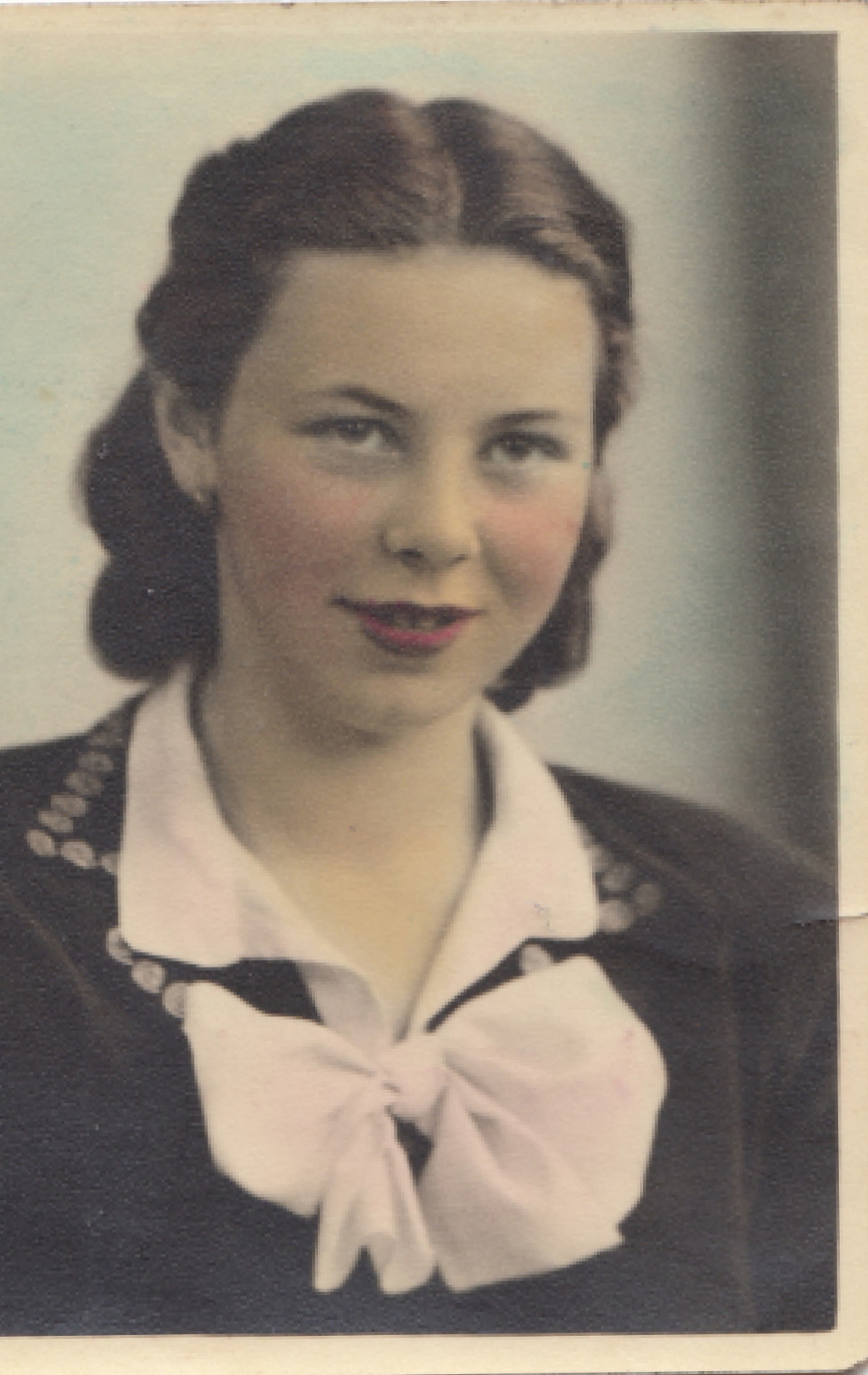
Download image
Věra Styblíková was born on 7 March 1934 in Pardubice to František and Růžena Kosina. Both grandfathers took part in the First World War. Grandfather Kosina was a well-known carpenter and a billiard maker, his son also worked in the workshop with him. During World War II, the Kosinas were starving and their father, in addition to asthma, became ill with tuberculosis. The witness experienced several air raids on Pardubice. Her family survived, but some of Vera’s classmates were not so lucky. The Jewish neighbours in her neighbourhood all just disappeared. The witness graduated from trade school and joined Tesla in Pardubice as an accountant. All her life she loved theatre and music. An art troupe was founded in Tesla, where she met Pavel Landovský, the later actor. She got married in 1953, in the year of the currency reform. The family couldn’t even afford a wedding feast because they couldn’t afford to buy all the food. She, her husband and their first-born daughter were confined to one room, as tenants from the outside moved into their family home by an order. It took years to evict them. After the birth of her second daughter in 1963, she stayed at home with her children. In 1970 she started working part-time in the community centre as an accountant. She retired in 1988.
